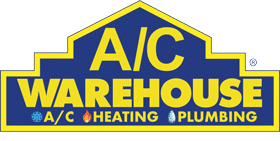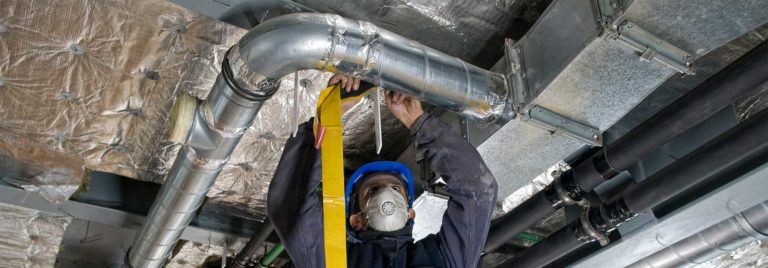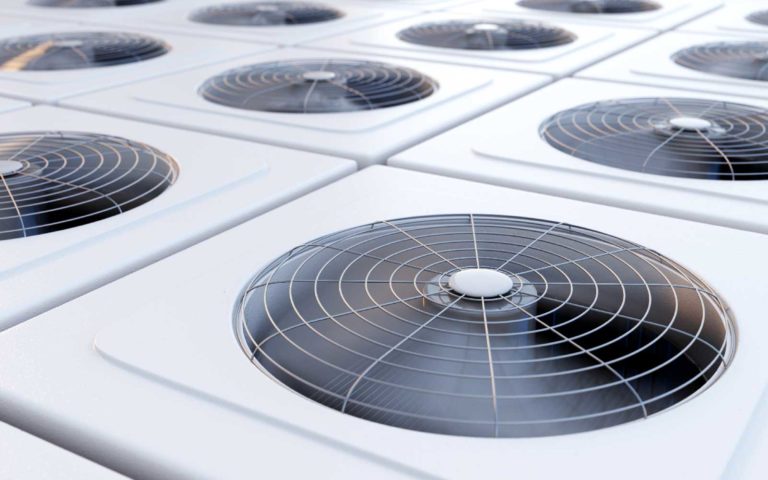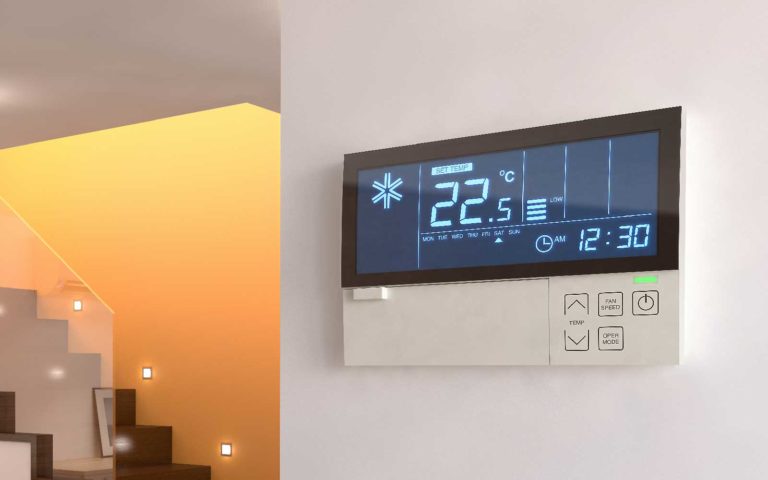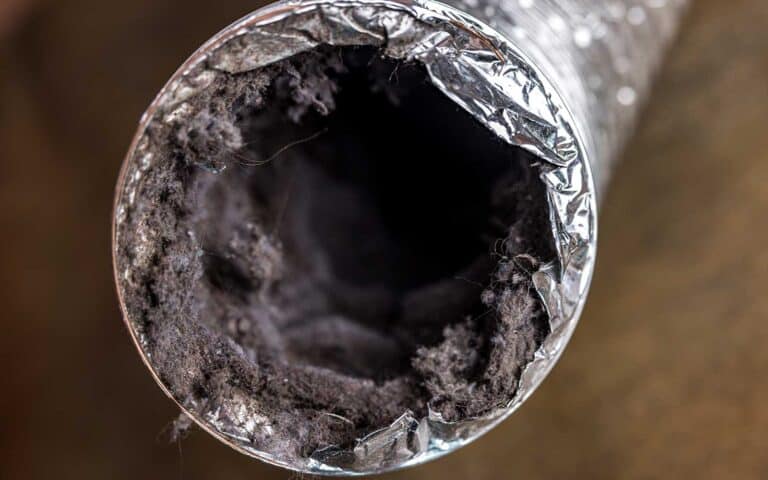Tips For Maintaining Your HVAC System
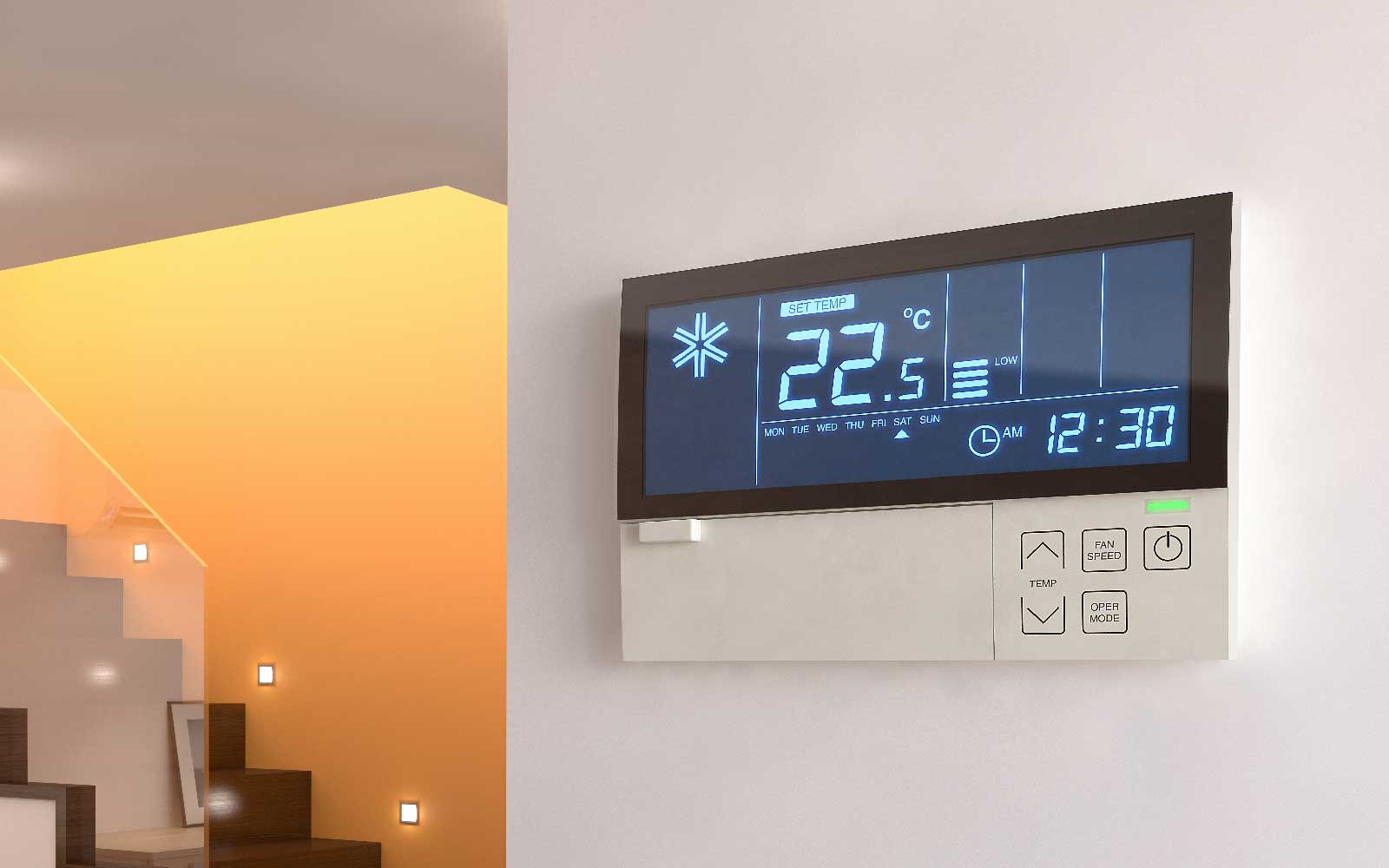
As the seasons change, so do your home’s energy costs and HVAC maintenance requirements. Just like changing the oil in your car, your air conditioner or heat pump requires regular maintenance to operate at peak performance year after year.
While some routine maintenance tasks are best handled by AC Repair experts, others are easy to take care of on your own. Here’s a closer look at some of the things you’ll need to regularly address.
1. Change Your Air Filters
Changing your air filters is one of the easiest HVAC maintenance tasks. It’s also one of the most important! Dirty air filters can reduce your system’s energy efficiency and increase the cost of heating or cooling your home. It can also cause your coils to freeze and then thaw, possibly leading to expensive water damage.
2. Clear Outdoor Debris
Overgrown vegetation, falling leaves, and other debris can restrict airflow around your outdoor unit. In some cases, branches and leaves can even get inside the unit, obstructing the functioning of the fan. Clearing at least a two-foot area around and above your unit can help keep it running properly. Plan to do this at least twice a year – in the spring and fall.
3. Clean the Condenser or Heat Pump
In addition to debris, your outdoor condenser or heat pump is also exposed to dirt, pollen, and other gunk. This can cause your HVAC system to work harder than necessary to keep your home at a comfortable temperature. After you’re done clearing away debris, minimize this issue by using your garden hose to spray down the fins and clear out anything that has built up in the crevices.
4. Clean the Drain Lines
Your HVAC system pulls moisture from the air. This accumulates in the drain lines and is directed outdoors. Over time, the lines can get clogged with dust and dirt, creating an opportunity for overflows and water damage. Dirty drain lines can also be a home for mold and algae. You can avoid this by cleaning out the drain lines every 30 days and adding a mixture of water and vinegar to keep unwanted mold and algae at bay.
5. Schedule an Annual Tune-Up
Scheduling a professional inspection and AC Tune-Up allows a professional technician to examine your system, ensuring that it works as it should. This is also one of the best ways to catch a small issue before it becomes a bigger problem. In the long run, keeping up with your HVAC maintenance can help you avoid the inconvenience and expense of emergency repairs.
